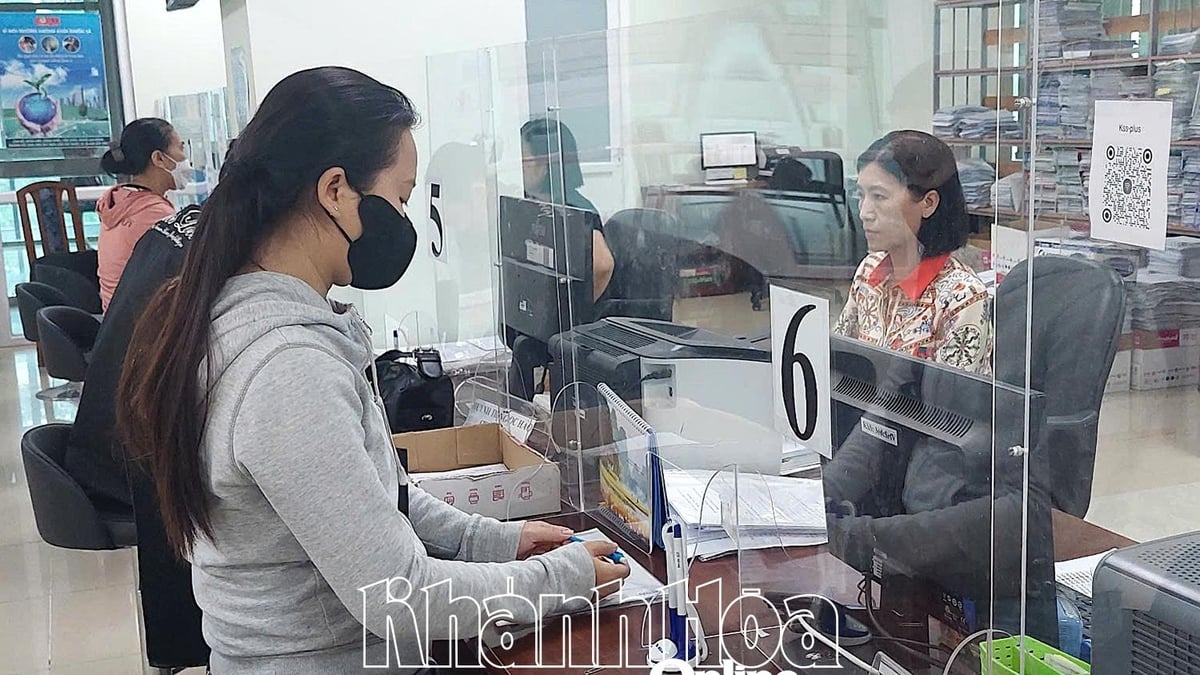My daughter is 8 months old, every time I feed her I have to take her for a long walk around the neighborhood. Is it harmful for children to get used to eating seaweed? How to overcome this? (Thu Van, Hanoi )
Reply:
Eating while walking is a form of passive feeding. Parents take their children outside to let them be absorbed in the surrounding objects and events, then take the opportunity to feed them. Each meal like this can last up to several hours, potentially causing many health problems.
At this time, the brain does not actively command the digestive system. The stomach contracts and the digestive enzyme secretion function is reluctant, causing nutrients to not be optimally absorbed. Food is not fully digested, causing damage to the digestive system.
This habit allows dust and bacteria to enter the food. Long-term consumption of seaweed also affects the quality and flavor of the food. For example, the water in the porridge separates and the porridge no longer retains its delicious flavor.
Children who eat and play at the same time are at risk of choking, forgetting to chew and swallow, and stuffing food in their mouths. If children fall or run too much, food can fall into their airways, leading to tracheal strangulation. Eating on the go can also make children lose their appetite. In fact, many children refuse to eat unless their parents take them outside.
To limit your child's habit of eating while walking, you need to rebuild a more scientific way of eating. Train your child to sit properly on a chair and focus only on eating. At first, your child will not get used to it right away, but you need to be patient and help your child understand that the purpose of sitting on a chair is to eat, not to do other things.
While your child is eating, you should not provide toys or other objects that can distract your child. At the main meal, parents should also sit at the table together so that the child knows it is mealtime.
You should feed your child when he is hungry because at this time he tends to focus on eating. In addition, the family needs to have a unified view on how to take care of the child, not each person should do it differently, for example, parents feed the child at home but the maid or grandparents take the child out to feed.
If you have tried many methods but your child still has a poor appetite, you can take your child to see a nutritionist. The doctor will examine your child directly, see if he or she is deficient in micronutrients, and then give specific advice on scientific methods and develop a separate diet.
Doctor Tran Thi Tra Phuong
Nutrihome Nutrition Clinic System
| Readers ask questions about nutrition here for doctors to answer |
Source link



































































































Comment (0)